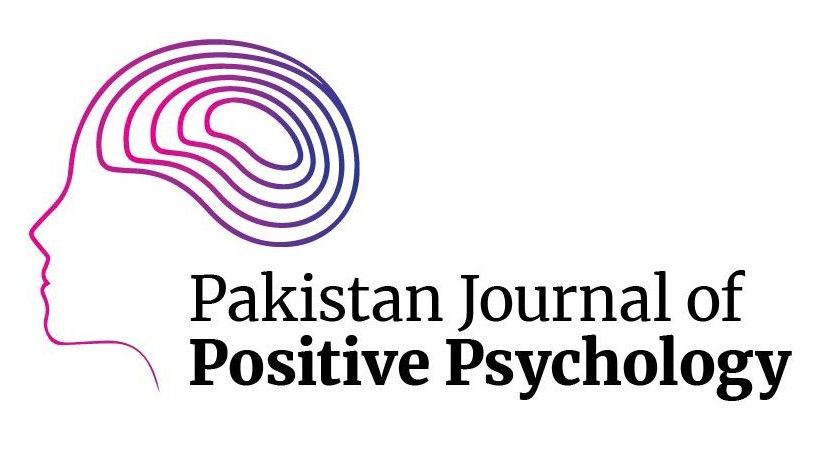Archiving policy
Archiving Policy of the Journal
Purpose
The primary objective of this archiving policy is to ensure the long-term preservation and accessibility of the journal's content for the benefit of the scholarly community. This policy outlines the procedures for archiving, storing, and providing access to the journal's published articles.
Scope
This policy applies to all articles published in Pakistan Journal of Positive Psychology, including full-text articles, supplementary materials, and metadata.
Archiving Procedures
- Format: All published articles will be preserved in both PDF and XML formats to ensure compatibility with future technologies.
- Storage:
- Short-term storage: Articles will be stored on the journal's servers for 10 years.
- Long-term storage: After 10 years, articles will be transferred to a trusted digital preservation service or repository.
- Metadata: Detailed metadata for each article, including title, authors, abstract, keywords, publication date, and DOI, will be included in the archive.
- Access:
- Open access articles: Immediately available for free download and use.
- Subscription-based articles: Accessible to subscribers and institutional users.
- Embargo periods: For articles with embargo periods, access will be restricted until the specified time has elapsed.
Preservation
- Data integrity: Regular checks will be conducted to ensure the integrity of the archived content.
- Format migration: If necessary, file formats will be migrated to ensure long-term accessibility.
- Disaster recovery: The journal maintains backup copies of the archive in a secure off-site location.
Collaboration
Pakistan Journal of Positive Psychology may collaborate with other journals, institutions, or digital preservation services to enhance archiving capabilities and share best practices.
Review and Update
This archiving policy will be reviewed and updated periodically to reflect changes in technology, standards, and best practices.
Additional considerations:
- Copyright and permissions: Clearly outline the copyright and usage rights associated with archived content.
- Data privacy: Address the protection of personal information included in the archived content.
- Accessibility: Consider accessibility standards for individuals with disabilities.
- Sustainability: Ensure the long-term financial sustainability of the archiving process.
By adhering to this archiving policy, Pakistan Journal of Positive Psychology demonstrates its commitment to preserving the scholarly record and providing enduring access to research findings.




